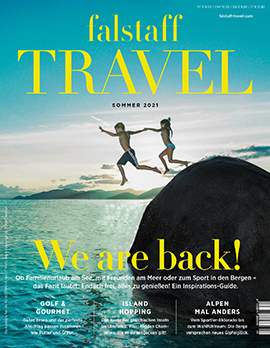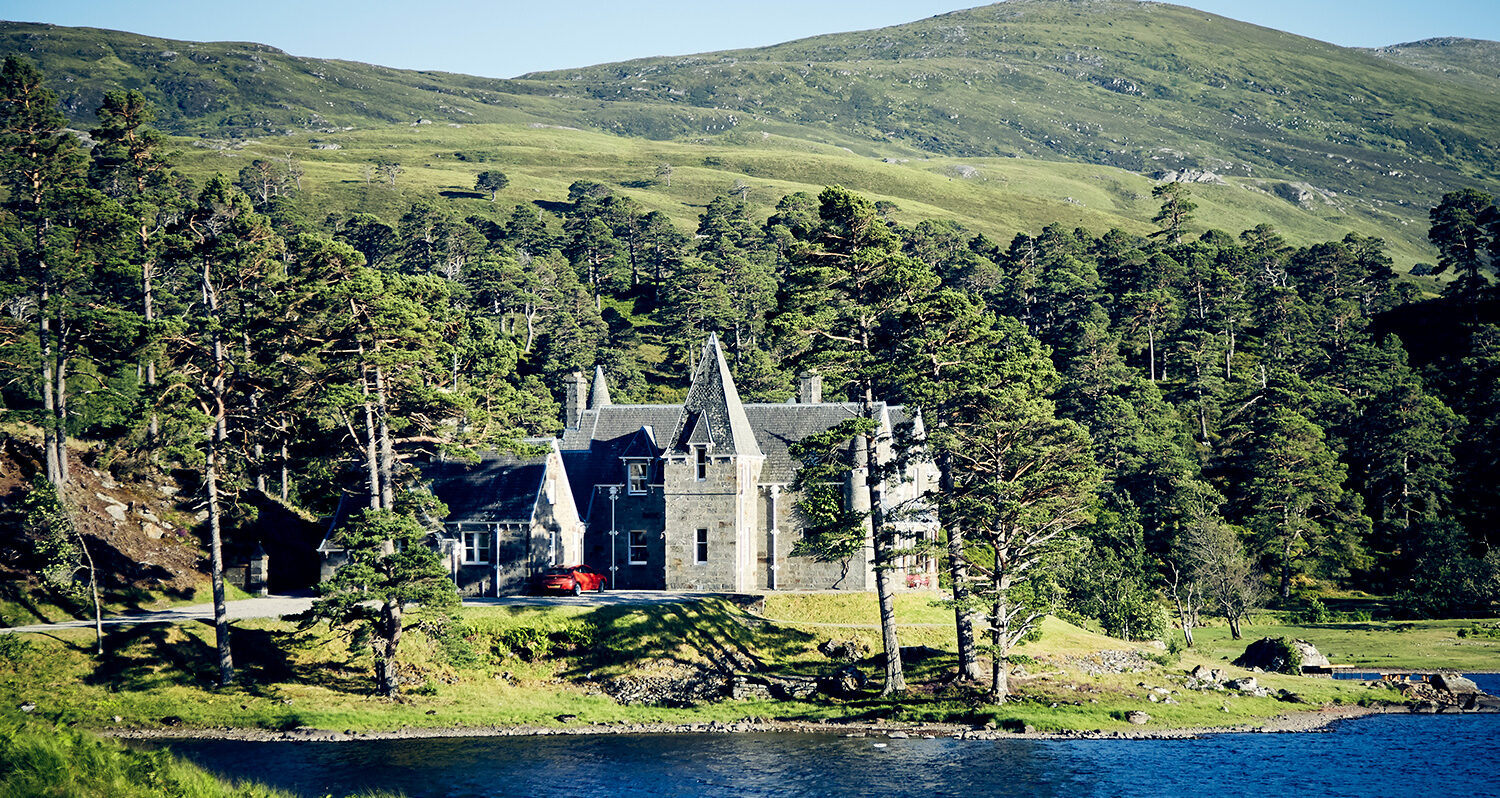
Witnesses of time: the fascination of castle hotels
Their atmosphere is unique, their history lively, and they tell a lot about their hosts and guests: noble residences that are still family-run but open their doors as hostels are in vogue.
5 July 2021
We know them from driving past, from visiting museums and from television: Noble residences in the form of castles and fortresses perched high on hills, nestle as manor houses on lakes and bays and shine in various series in which aristocrats indulge in the pleasurable life. Regardless of where they are located and what their condition and ownership is like, the old buildings exude a great deal of fascination, as one can assume that they have already experienced all kinds of things and hosted many a glittering party or important political event under their roof.
Such as Kronberg Castle in the Taunus - one of the three noblest residential areas in Germany - near Frankfurt. It was built by an empress and visited by kings; weddings of the high nobility took place there and still do today. But under different auspices: The imposing house is now a hotel. Those who decide to stay there inevitably make a trip into the history: already at the entrance of the park area, the wrought-iron gate welcomes one, the way to the castle shows the imposance of the house. It can certainly be described as feudal, and that is also how the entire stay there is described. The property, explains General Manager Dominik Ritz, "is already very authentic in its entirety". Of course, the luxury is contemporary and the technology state of the art, but that is also part of the history of the house, as it was the first in this area to be equipped with electricity. And yet: Horsemen cross the property, in guided tours with historians one learns many new things and remembers the old.
Even in the park, nothing is left to chance: Every flower that was once planted in honor of a person or that has a special meaning is signposted. What's also interesting about this house is its connection to England, historically speaking: Today, they celebrate it as Tea Time, served in tails, befitting the occasion. What an experience! Prince Philip, the recently deceased Prince Consort of the Queen, would also have enjoyed this, as he already walked through the park as a child. After all, there were close family ties to England. But back to the beginning: the castle was built by Victoria Empress Frederick, Queen of Prussia, after a construction period of four years it was completed in 1893. Although it was only used as a summer residence, from the beginning it had the already mentioned electric light, central heating and a freight elevator. Apart from these technical innovations, the house was characterised by the fine handwriting of the empress, which is still recognisable today; for example in the library, where her books are still to be found - behind glass, admittedly, but nevertheless: one gets an impression of a life long gone, of a time that one only knows from documentation.
Whether in the library or in one of the lounges, one senses: there is a great respect for the history of the house here, the authenticity comes through everywhere - for example in each of the individual rooms, which are all furnished with exquisite antiques. The family (Haus Hessen with family boss Donatus Landgraf von Hessen), as the hotel manager explains it, has made it its business to preserve the property for future generations. By the way: On the Beletage, the empress had set up suites for her guests in the old days - the term was later adopted by the entire hotel industry.
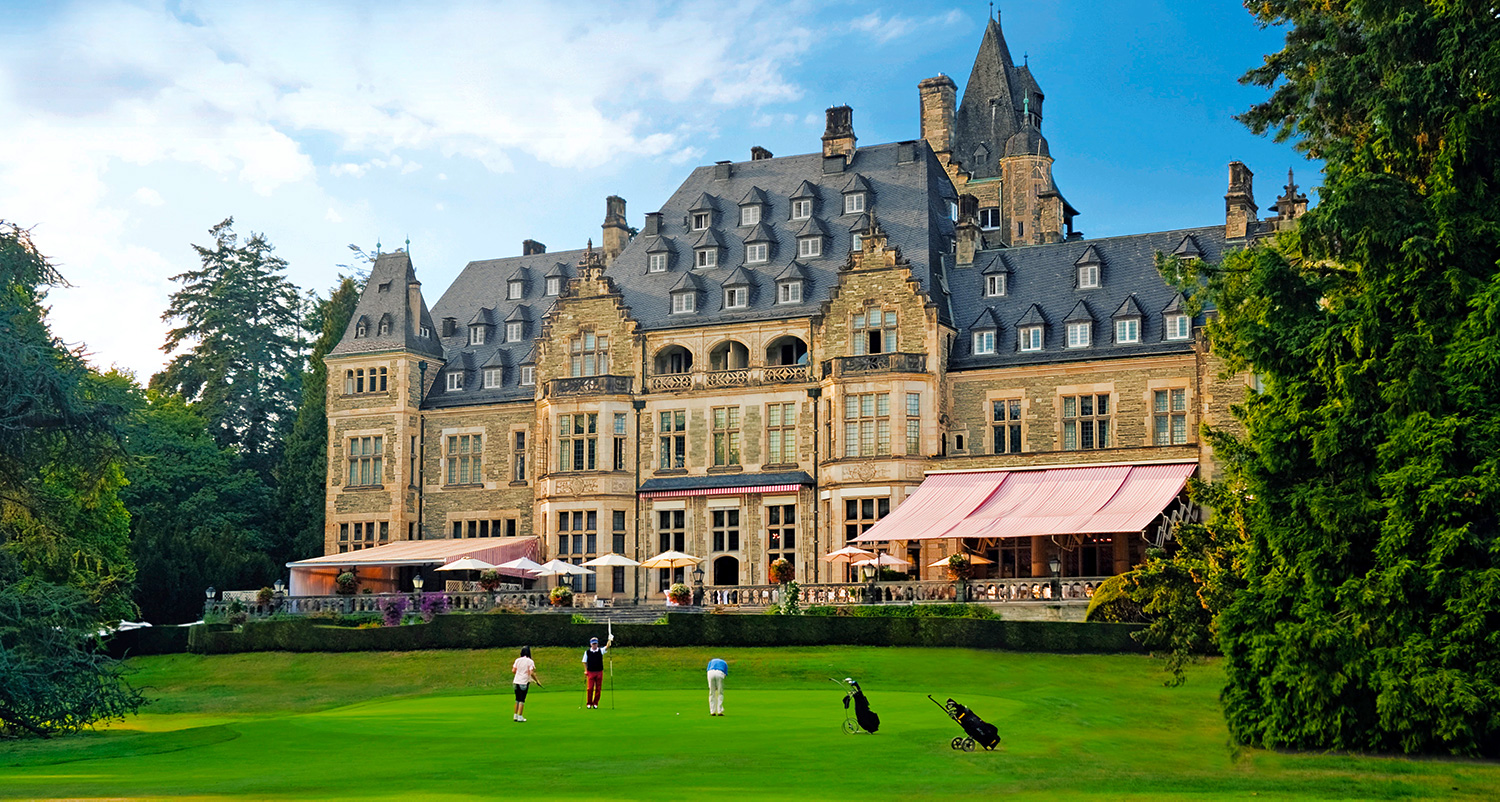
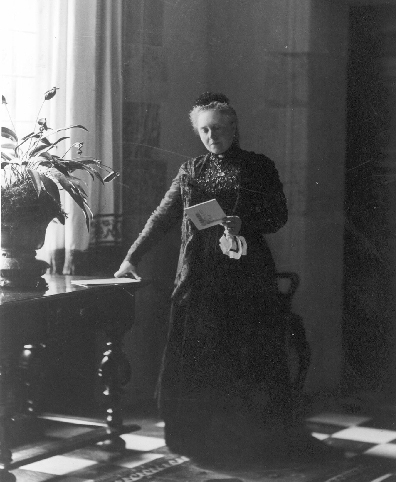
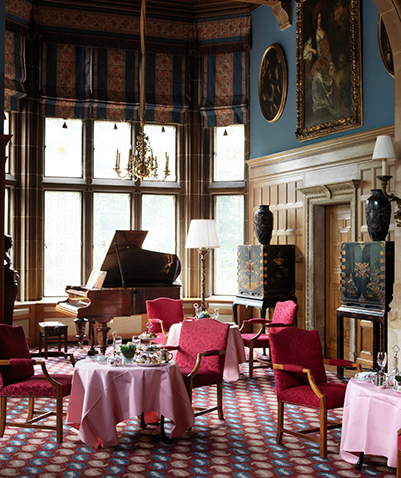
More than a hostel
It is a special mindset that explains the loving treatment and also distinguishes family-run castles from those hostels that are operated by large hotel chains, for example. Particularly worth mentioning in this context are the Masterpiece Estates of the Oetker Collection - the latter is per se already the epitome of distinguished luxury in the global hotel industry and exclusively carries hotel gems in its ranks, but the concept and the idea behind the Masterpiece Estates are truly unique: From the medieval Lismore Castle in the south of Ireland to the Villa Pliniana on Lake Como to the elegant Victorian hunting lodge Glen Affric in the Highlands of Scotland - hospitality is redefined here. The concept behind it: The Masterpiece Estates can be booked exclusively, including a cultivated personal host who is available around the clock and leaves nothing to be desired.
Said lodge is particularly noteworthy, not only because of its picturesque location, but also because of the host: none other than James Middleton, brother of the Duchess of Cambridge and future Queen of England, opens the gates of the private estate. From the Oetker Collection's point of view, the motto behind this - let's call it: unique - project is clear: Here, it's all about guests feeling at home while enjoying maximum comfort and privacy. During meals and activities, guests' every wish is read from their eyes and fulfilled; in addition, there is the impeccable service and style that distinguish every house in the Oetker Collection portfolio. In a nutshell: it should feel like a large holiday home where you can let yourself go - but in the most upscale environment possible.
In doing so, one is supported by the "host": In each of the houses or castles, there is an owner who is on site - or, as in the case of James Middleton, a host. He organizes picnics, motivates the guests to go standup paddling at the lake, even though the weather might not be optimal, or organizes a whiskey tasting. One is entertained, immersed in the area and its history and is allowed to feel quite naturally at home - in a castle or manor house! The uniqueness of this experience speaks for itself even in the retelling; those who book this experience will quickly realize: Everything has been thought of here. No eventuality has been forgotten. There is even a "Boot Room" where you are equipped with rubber boots and co. for an excursion into nature.
You can feel like in the series "Downtown Abbey" or in Netflix's latest big hit "Bridgerton". The fascination with this unusual way of spending one's vacation already begins with the etiquette: guests choose in advance whether they want to keep the setting more chic or more casual. Either way, it remains familiar. In any case, the appropriate comfort is sufficiently provided for thanks to butler, cook & Co.
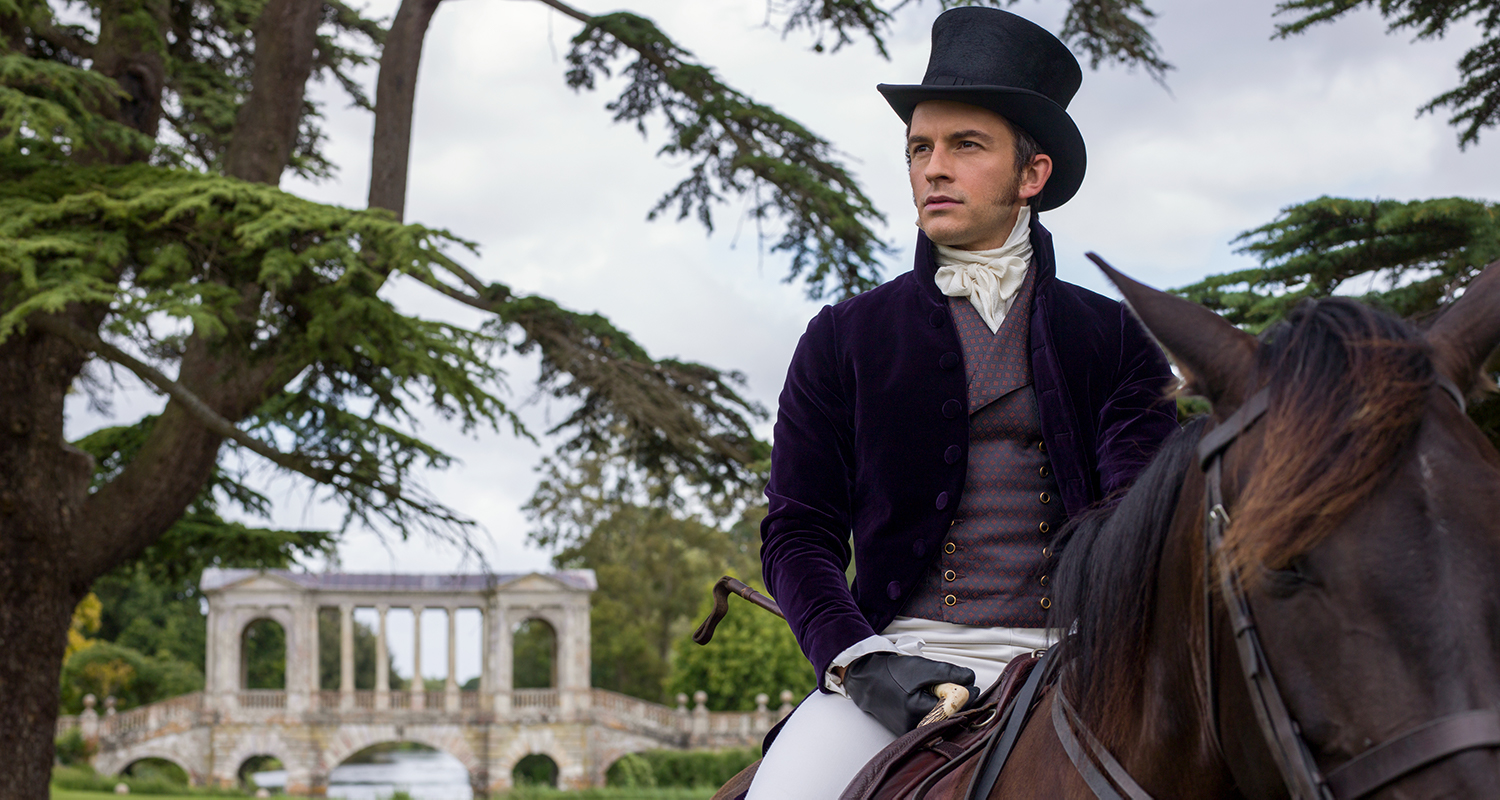
From then until today
Even lords of castles today still like to live etiquette, like to dine in "formal attire" in the evening and live their tradition quite consciously. Asked by a lord of a castle from Austria, who can look back on a very respectable family history and a well-known house, one learns: "The age of a castle makes it so special, and that's why it exudes this unique atmosphere. It's lovely to immerse yourself in it, and there are countless rooms that transport you to another time - though: each room to a different era! It's important to preserve something like this for future generations, but not only for your own family, but also for the surrounding area. In our case, the castle shapes the townscape and is also essential for local residents."
It's good that there are houses and families that are aware of their responsibility and let their guests share in it - in their past, their family tradition and a very special attitude to life. And who nevertheless move with the times, because: An imposing history and modernity are not mutually exclusive; the houses already mentioned will still experience a lot. And who knows? Perhaps as a local guest you will witness history being made - or even take an active part in it.
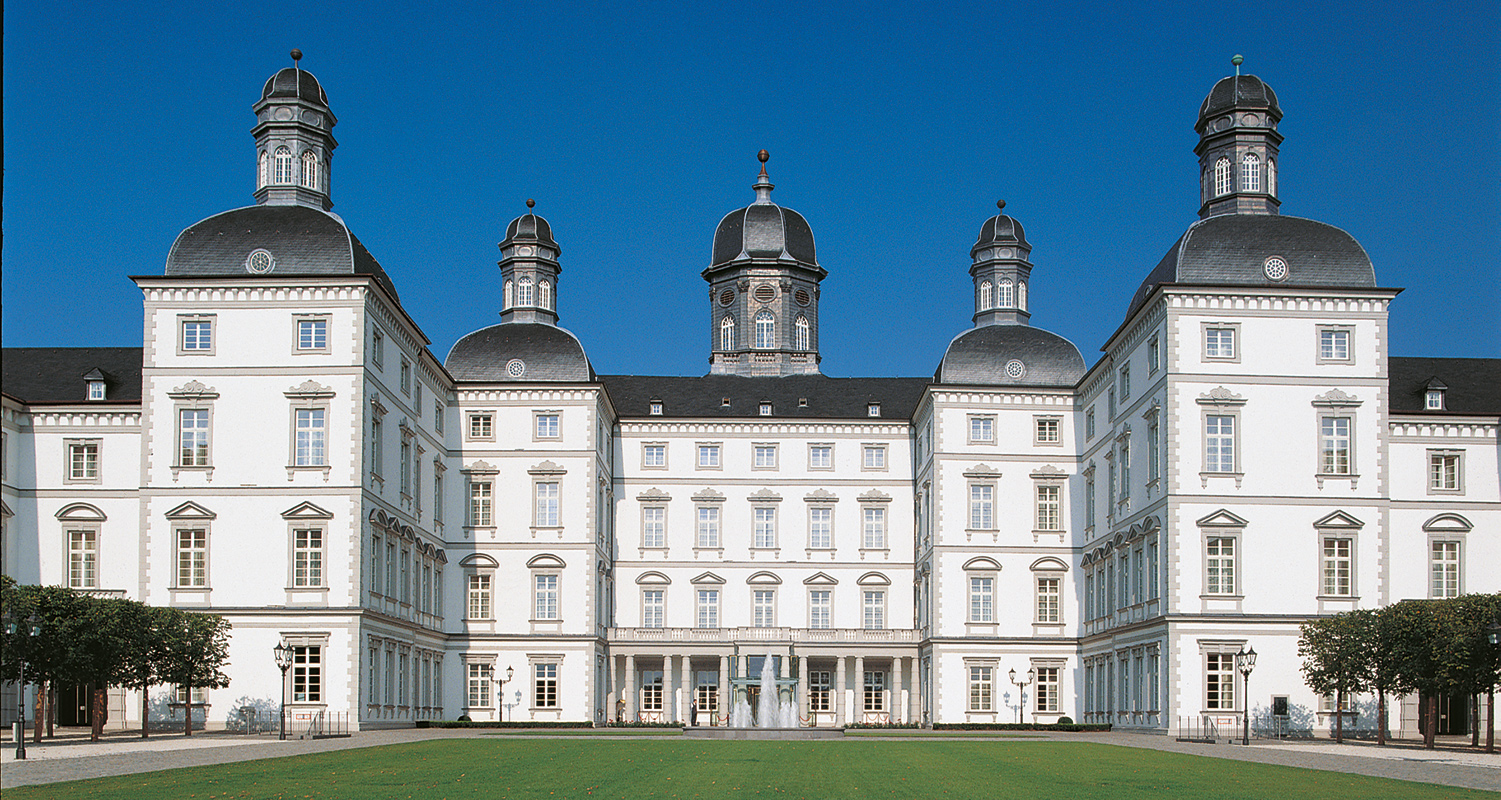
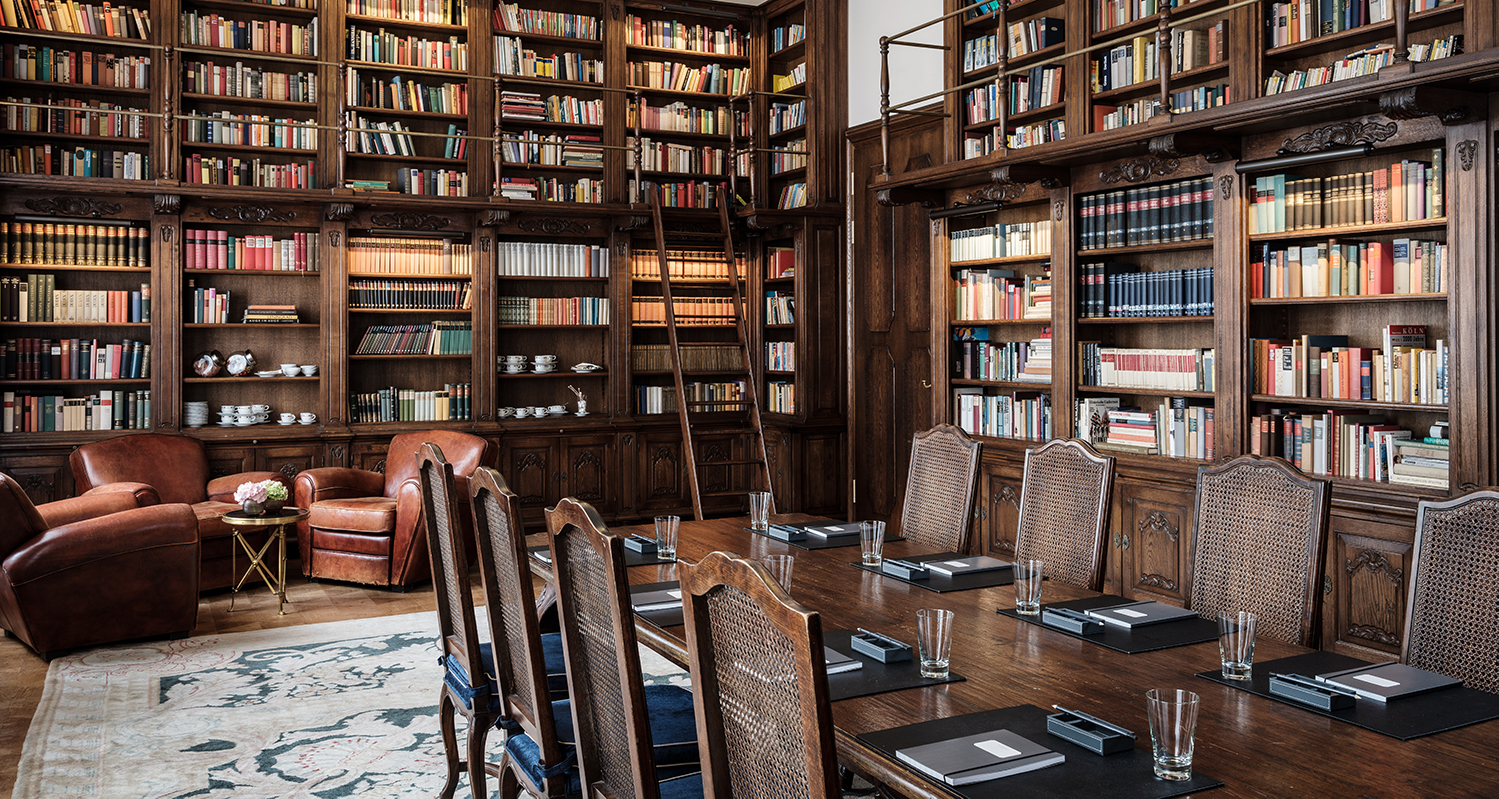
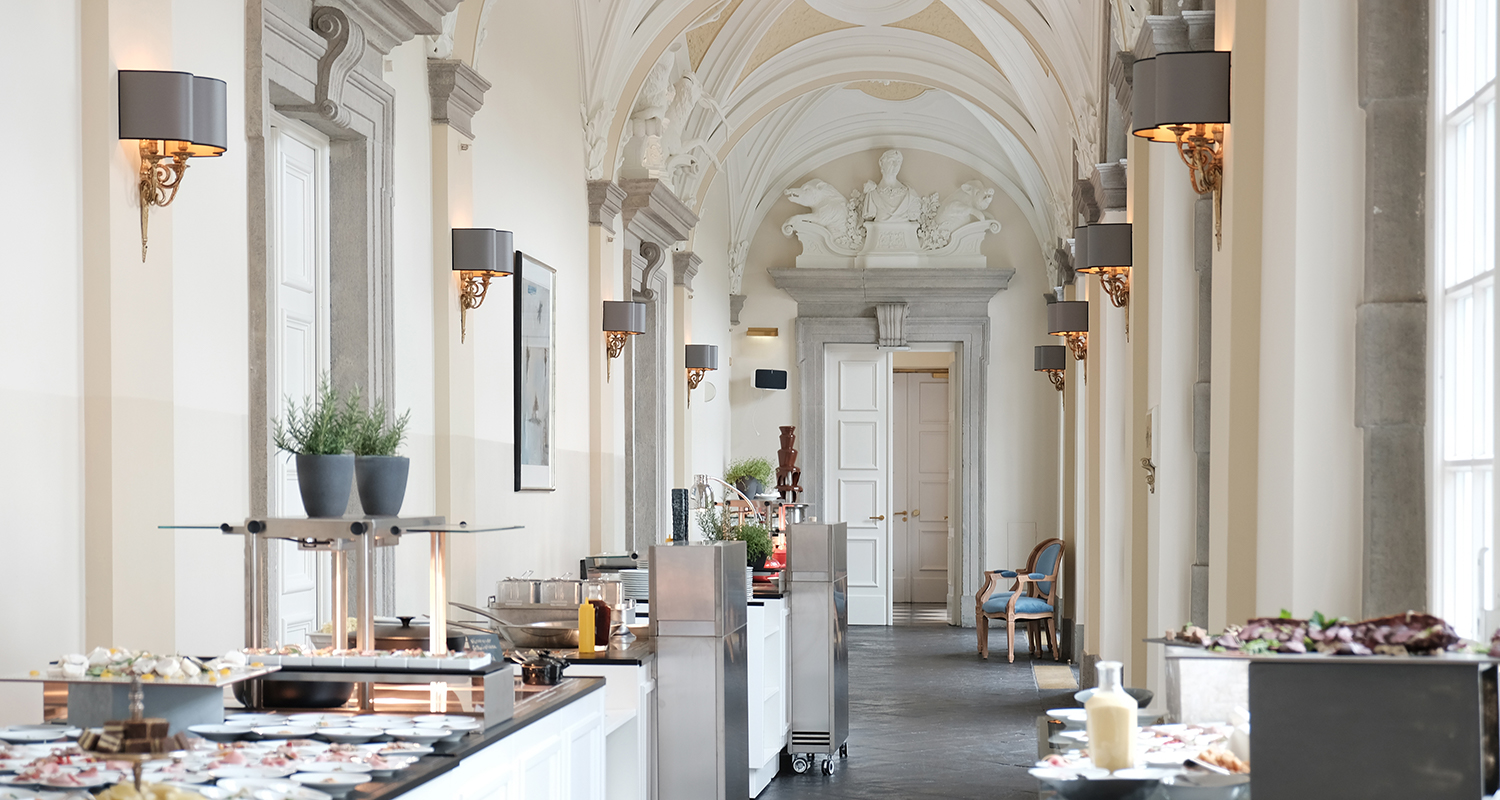
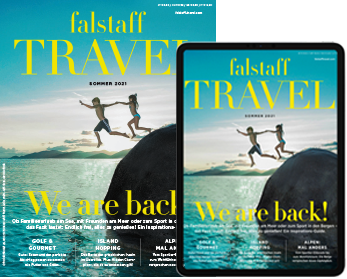
This article appeared in the Falstaff TRAVEL issue Summer 2021.
